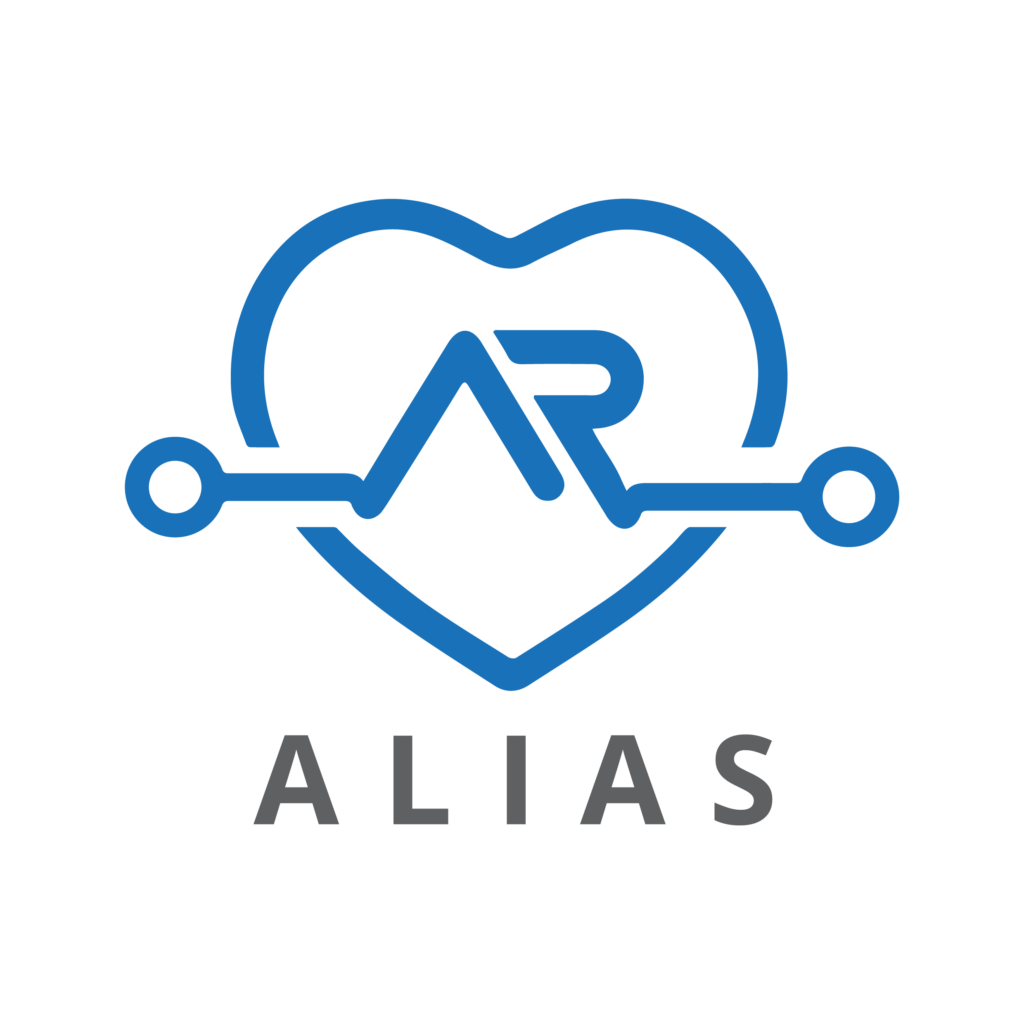ALIAS: Augmented Reality in Intensive Care Education for Nursing Students: Hands-on Experience and Preparing for Real-life Situations
The healthcare sector requires innovative solutions to enhance training and improve patient outcomes in high-pressure environments like ICUs. The ALIAS project integrates augmented reality (AR) into nursing education, offering realistic simulations for hands-on experience. By collaborating with European universities and leveraging cutting-edge technology, ALIAS aims to transform nursing education, aligning with EU health education policies for improved care quality and patient safety.
The completion of the “Landscape Analysis Report of AR in Nursing Education” marks a significant step in integrating Augmented Reality (AR) into nursing education, making it more interactive and immersive and providing a glimpse into the future of healthcare training. The report not only illuminates the path for educational enhancements but also paves the way for practical implementations. Based on the findings of this analysis, significant steps have been taken to apply AR technologies effectively within nursing curricula. The focus has been on tailoring AR to meet educational standards and needs, enhancing both the delivery and the assimilation of complex medical knowledge.
Our AR system is designed to enrich the learning experience, providing students with interactive and immersive educational tools that improve understanding and retention of complex medical procedures. As we prepare for the official release of these groundbreaking advancements, we invite our community to stay tuned for further updates and insights.
As always, we are committed to pushing the boundaries of educational technology and we are excited to lead the charge in transforming nursing education. Join us in this revolutionary journey as we harness the power of AR to train the next generation of healthcare professionals.

Co-funded by the European Union. Views and opinions expressed are however those of the author(s) only and do not necessarily reflect those of the European Union or EACEA. Neither the European Union nor the granting authority can be held responsible for them.


